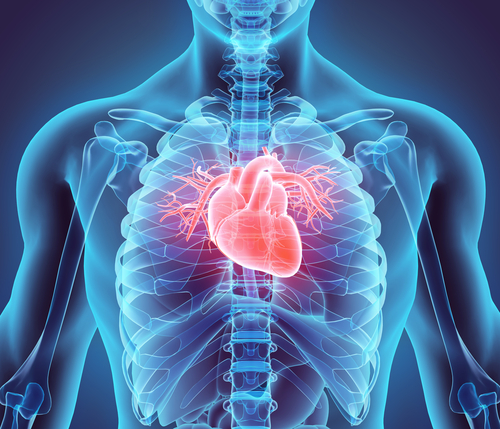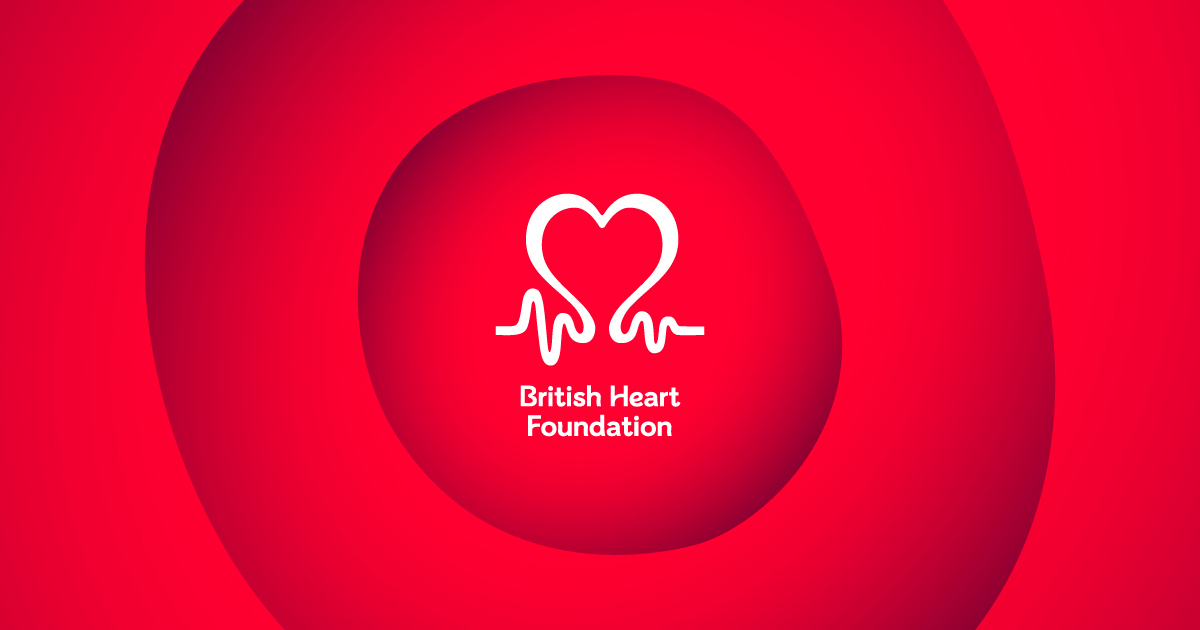BHF Professor Nick Morrell and his research team are investigating why lung blood vessels narrow in Pulmonary Arterial Hypertension (PAH) and how the narrowing might be prevented or reversed. In PAH, there is abnormally high blood pressure in the arteries carrying blood to the lungs. It can develop after long-term lung or heart disease, or from other diseases that narrow the lung arteries.
How are genes involved?
Pulmonary hypertension can run in families. It usually happens due to an alteration in the gene for a specific protein, called 'bone morphogenetic protein receptor type 2' (BMPR2).
Professor Morrell's team was the first to show how alterations in BMPR2 cause faulty signals to be sent in cells lining the lung blood vessels, leading to faulty control of these cells' growth and survival.
They are now looking for ways to correct the underlying genetic defects, including using drug therapies to restore normal function of BMPR2, or replacing the faulty gene using gene therapy.
Why are lung blood vessels different?
Lung blood vessels behave differently from blood vessels in the rest of the body. These different vessels are the only blood vessels involved in pulmonary hypertension.
Alterations in BMPR2 only seem to have effects on lung arteries. Studying this gene is fundamental to discovering how pulmonary hypertension develops, and why lung circulation is unique.
Professor Morrell's work suggests BMPR2 is also involved in non-inherited forms of the disease. His studies will help us to understand the different forms of pulmonary hypertension but more work is needed.



